Skeptics Can’t Have It Both Ways
By
Former L.A. County District Attorney and agnostic Vince Bugliosi believes that the problem of evil is fatal to believing in Christianity.
“I’m an agnostic only on the issue of whether there is a God, a supernatural being who created the universe. I’m not an agnostic on the Christian God… while God can be all-powerful or all-good, he cannot be both, since these are irreconcilable virtues in a world overflowing with the bloody crops of evil. Even eliminating all the other supposed attributes of God, if he is all-powerful, and hence capable of preventing evil, for him to cause, or do nothing to stop, the unbelievable suffering and horror in this world immediately tells one that God cannot be all-good, as Christianity believes its God to be.” ¹
But then, in a later chapter in his book he mentions numerous parts of the Bible where God actually does something to put a stop to evil, and he is furiously outraged at Him for doing so. Ok, technically, he doesn’t say it that way. But he argues, as skeptics increasingly have in recent years,
“So Christians and Jews call God all-good and all-perfect, but when they get around to printing their bibles that describe his conduct, they describe someone who would make history’s greatest villains look like very pale imitations by comparison. Would even Adolf Hitler, Josef Stalin, Mao Zedong, Pol Pot, Osama bin Laden, or Tomas de Torquemada do the things the God of Jewish and Christian scriptures did?” ²
Of course, he is referring here to events like The Flood and the destruction of Jericho, among others.
But let’s think about this a moment. What if God hadn’t sent the flood? No doubt, Bugliosi and other skeptics would cry out something like this –
“God created humans, and within a short time, the earth was filled with violence. Violence, violence everywhere! And where was God in all this? Why didn’t he do something about it?”
And if God hadn’t wiped out Jericho and other cities and kingdoms around Israel, we’d no doubt here the complaint that –
“The Caananites were sacrificing children to their gods generation after generation. It had gone on for 400 years at one point, but God just let it continue! How can God be considered all-loving and all-powerful at the same time?”
One might object that God has no right to take the life of innocent children who haven’t done anything wrong, as scripture records God doing in these cases. But what about the possibility that the children of the flood and of Jericho could easily have gone on to be as savage as their parents? I wonder what Bugliosi would say if Adolf Hitler had died in a house fire in Austria in 1890, when he was 1 years old. Probably something like this –
“An innocent baby named Adolf Hitler, who had done nothing wrong, nothing at all, was allowed by this supposedly merciful God to die in a fire. Why didn’t God stop it? Couldn’t He have easily stopped it with an impromptu rain shower?”
We have no way of knowing if a particular baby would have grown up to be a mass murderer or worse. But perhaps if Bugliosi was God, he would have let the child grow old enough until it had actually done something wrong, was no longer innocent, and then taken its life. But then, he’s just allowed evil to take place, and some skeptic would blast him because he could have stopped it. Oops!
But perhaps Bugliosi has a better idea on what to do with evil people. Instead of taking the life of those who will commit evil, perhaps he would keep them permanently suspended in a perpetual force field that keeps them from moving. But how long before this becomes sheer torture of boredom, if nothing else? How would Bugliosi respond to the skeptics who would no doubt complain that this is cruel and unusual punishment?
When all is said and done, God is merciful and has decided to withhold His wrath in many cases precisely because He isn’t the cruel, uncompassionate monster skeptics thinks He is. Yet, His goodness means that He won’t withhold it forever, and He does choose to intervene – even if skeptics call him a monster for doing so.
¹ Bugliosi, Vincent. Divinity of Doubt, pp. 25-26
² Bugliosi, Vincent. Divinity of Doubt, pp. 156
Original Blog Source: http://bit.ly/2qt3G3u

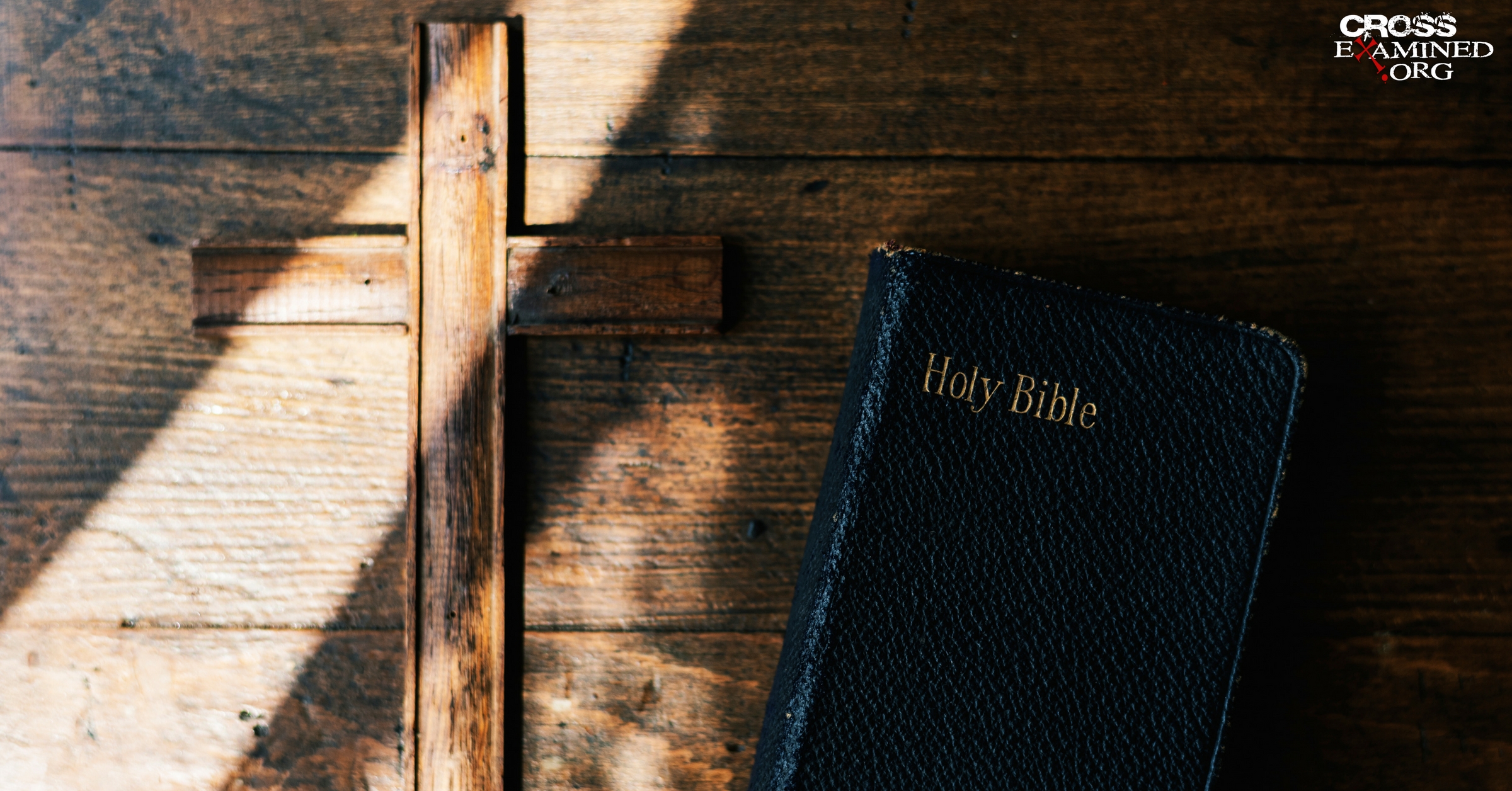
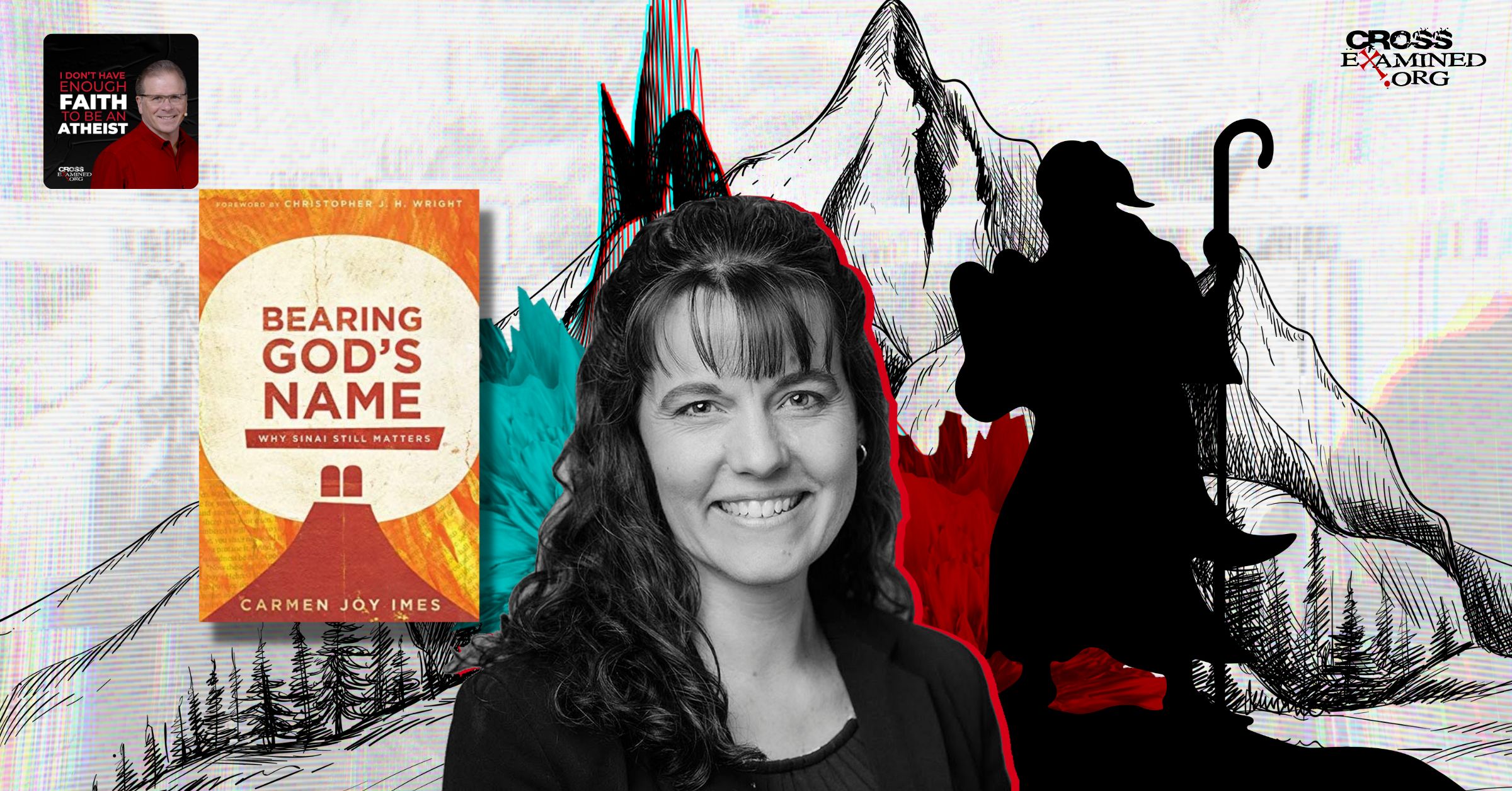
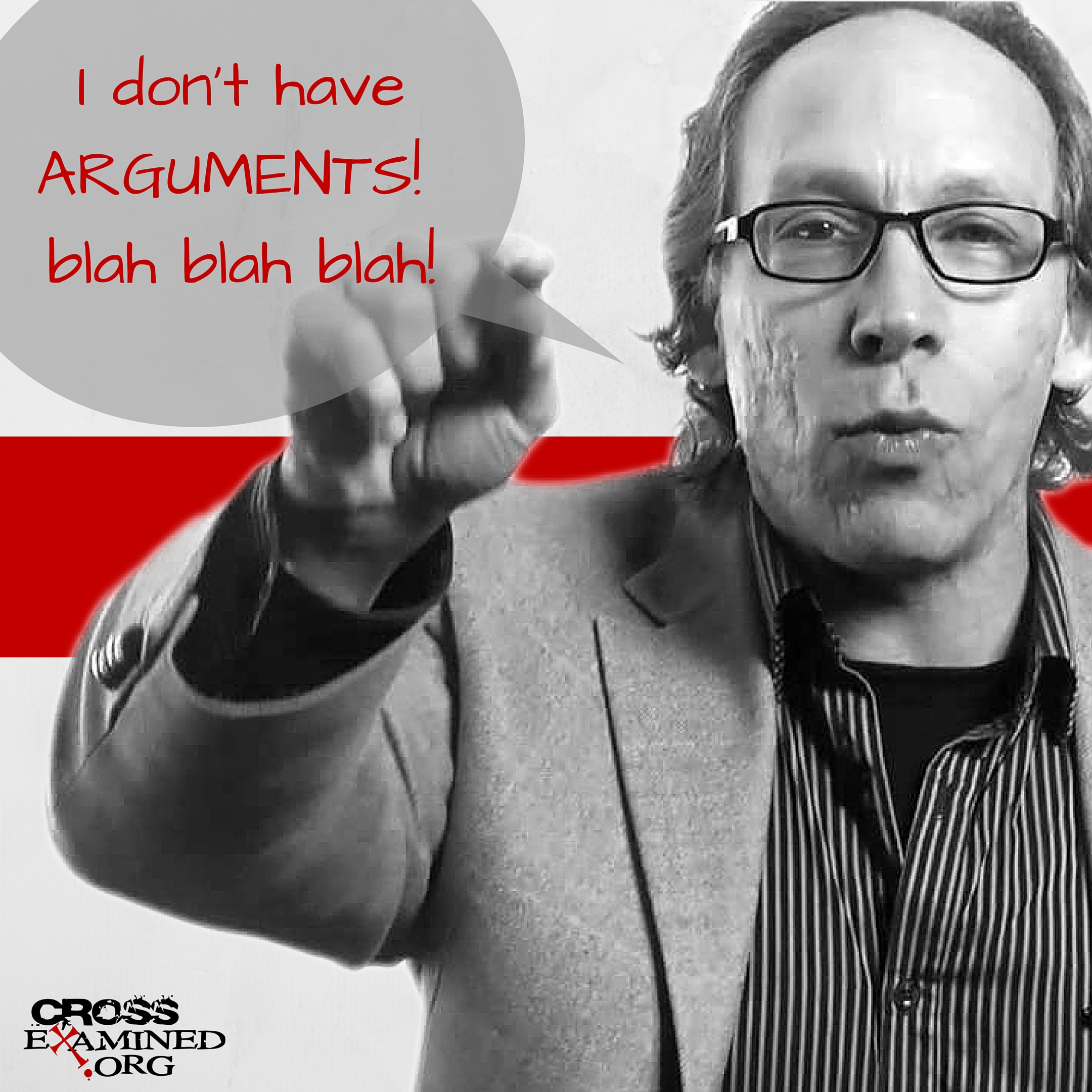
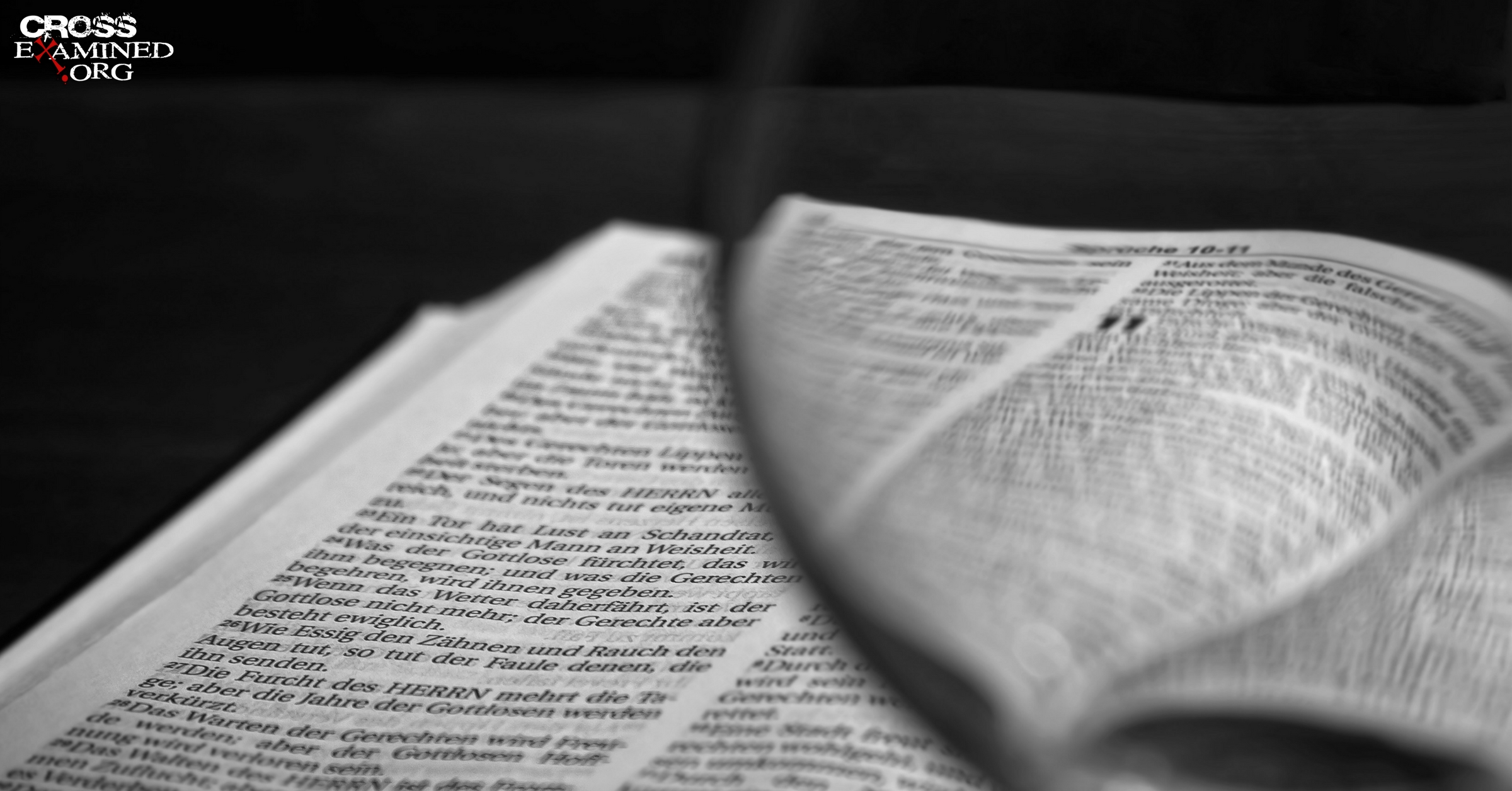
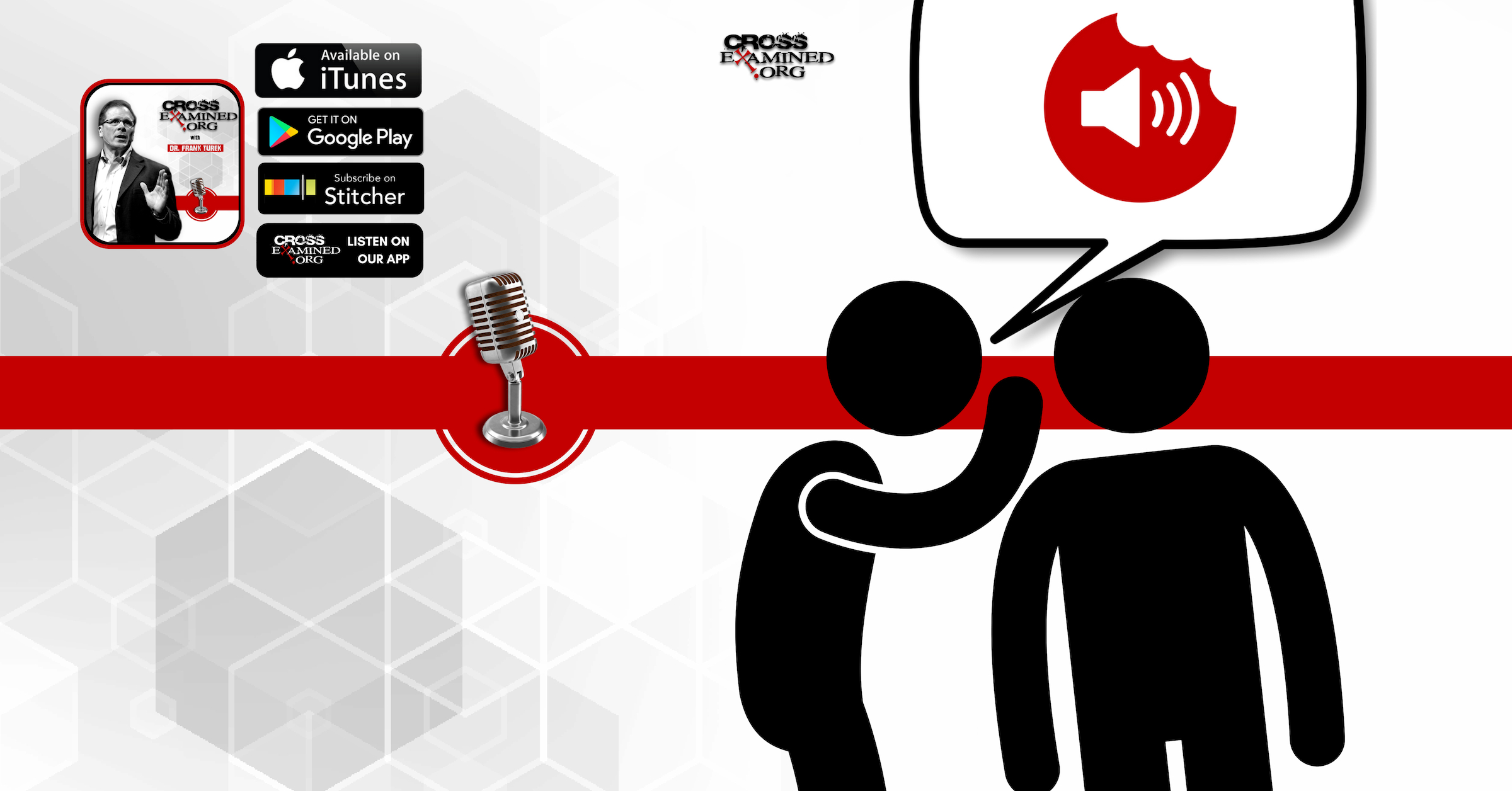
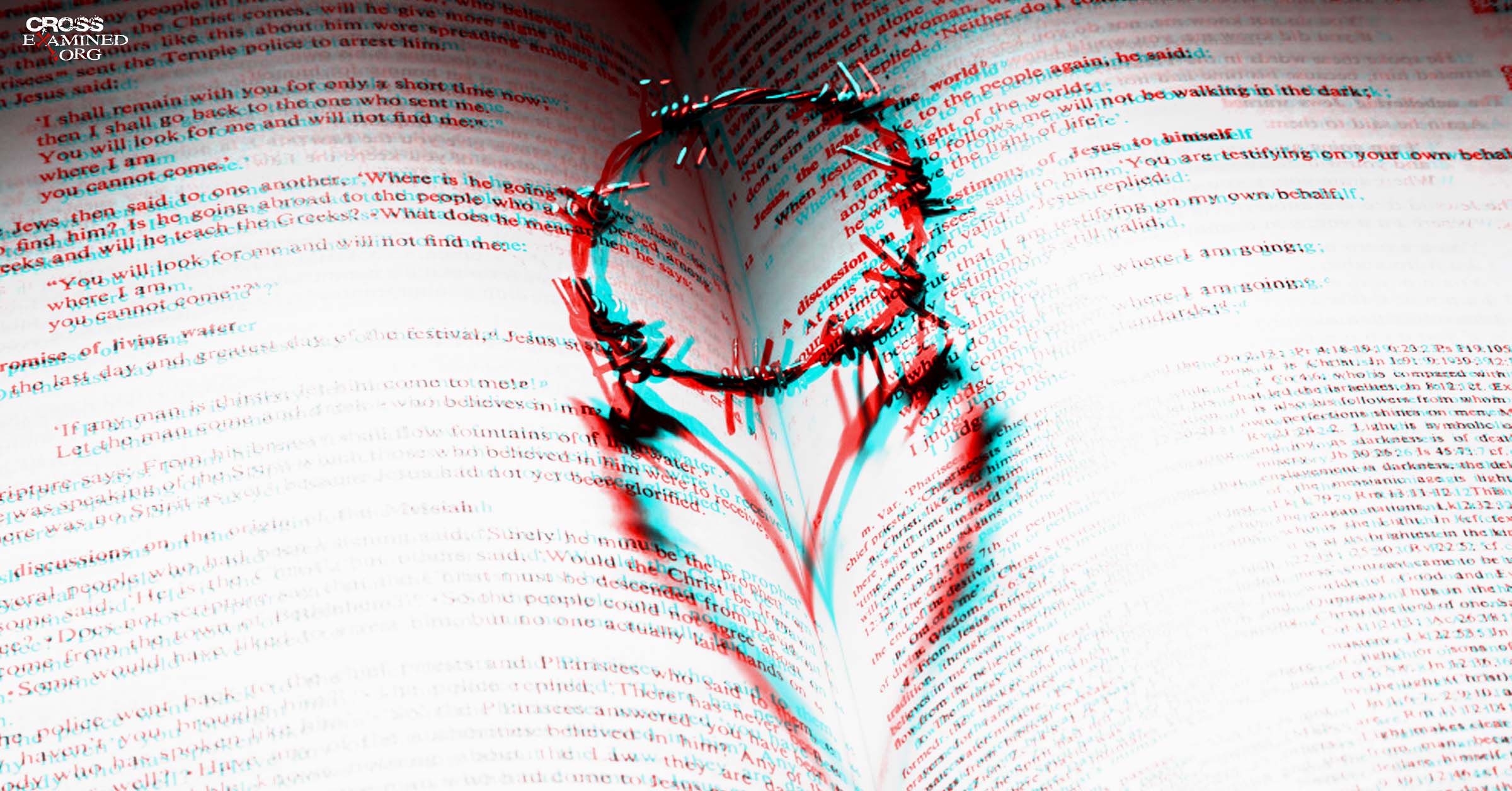

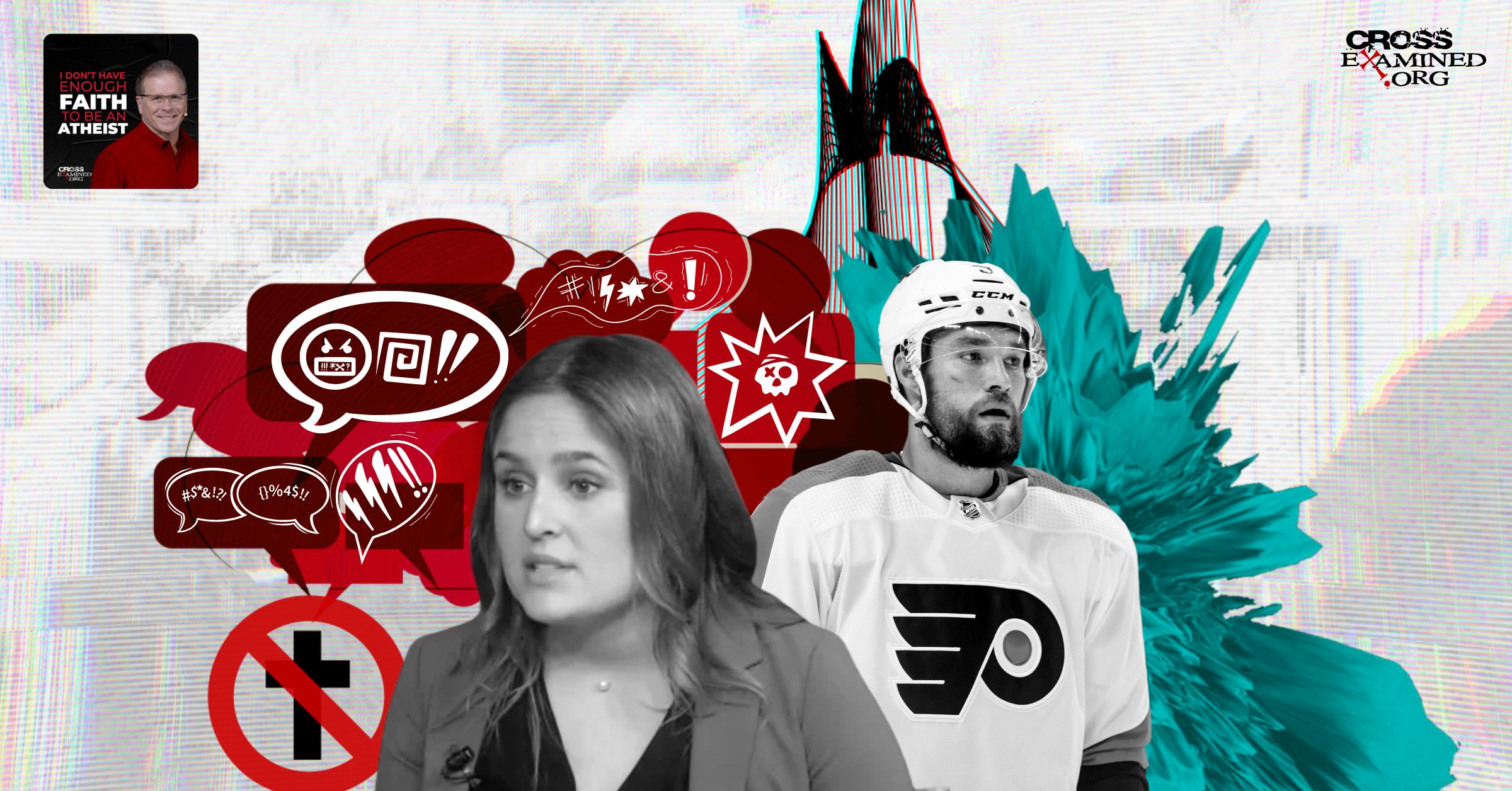
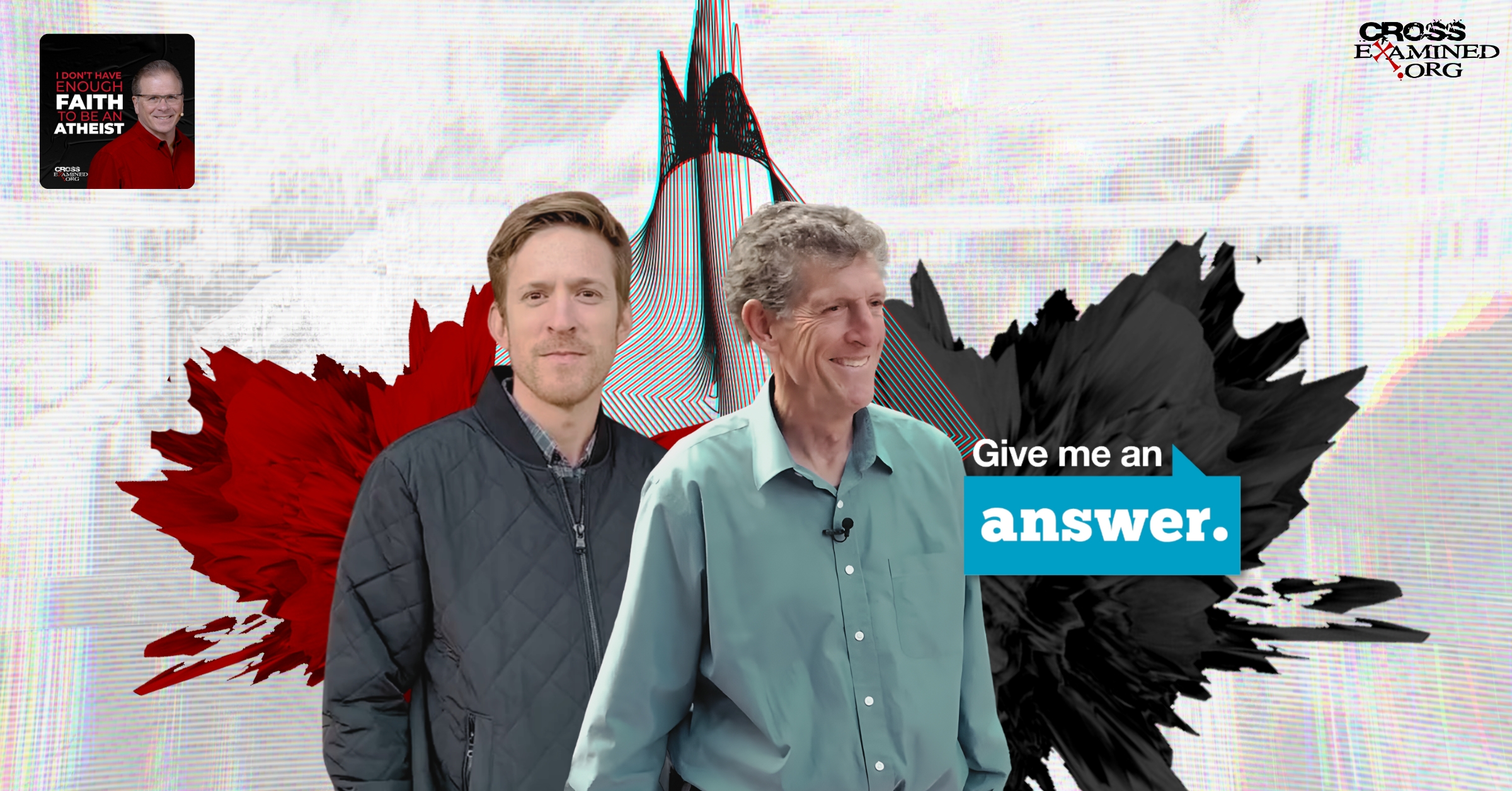
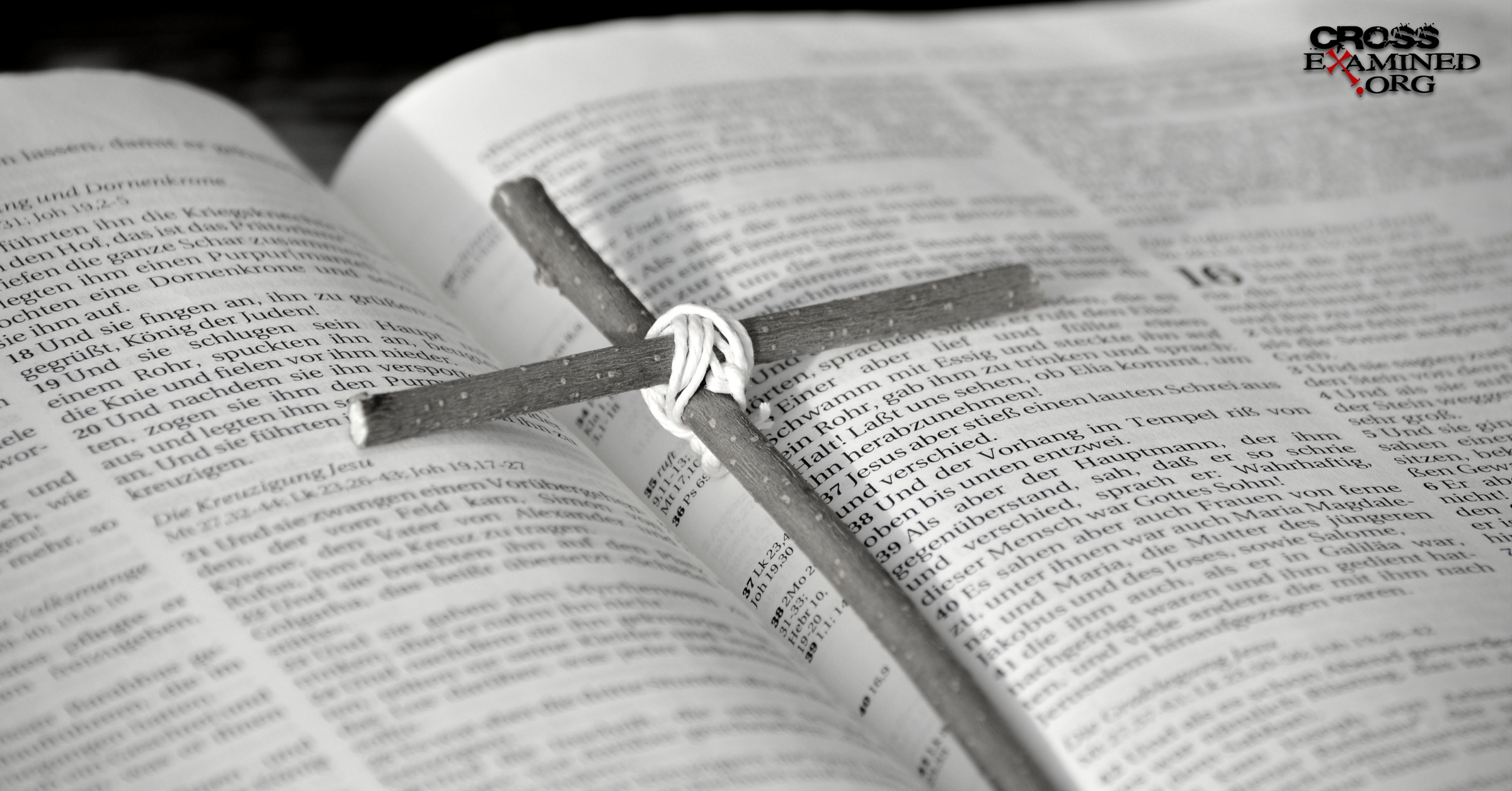
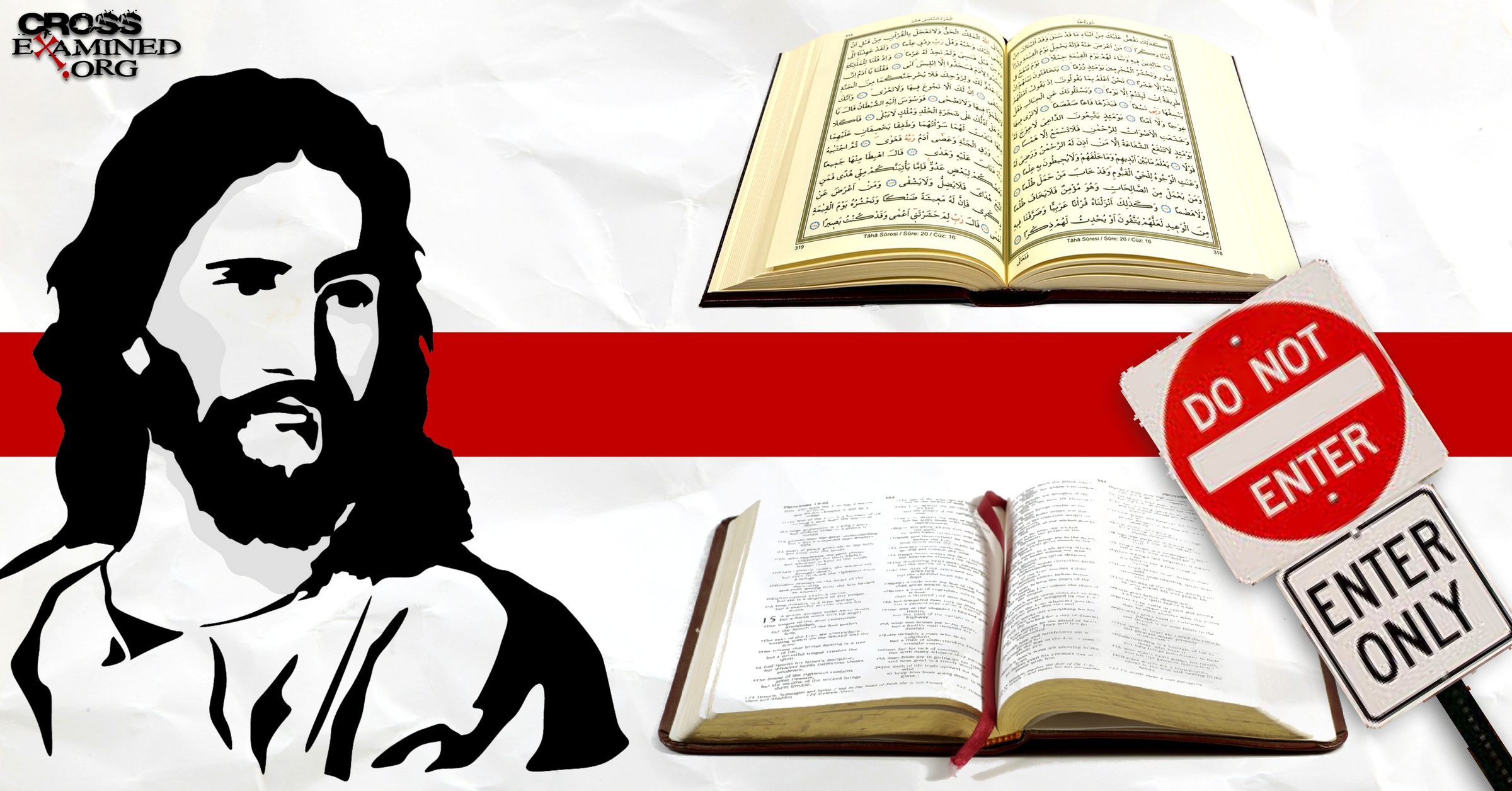
Leave a Reply
Want to join the discussion?Feel free to contribute!